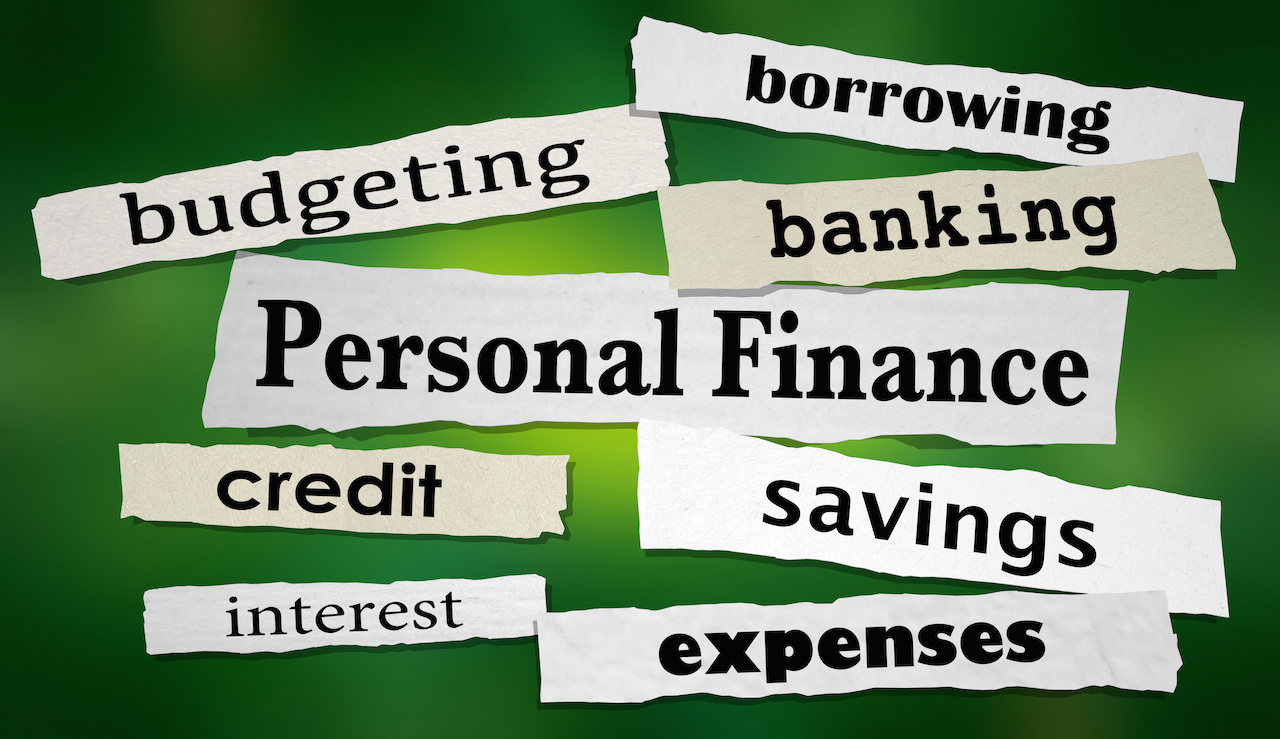Credit Sesame discusses how rising interest rates contribute to record credit card debt.
A new report shows that American consumers are adding record interest costs to their expenses.
To add to the worst inflation in 40 years, consumers are taking on on record amounts of credit card debt. Combined with fast-rising interest rates, this means more interest expense than ever for consumers.
According to calculations by Credit Sesame, Americans are paying more than $200 billion a year in credit card interest. On top of high inflation, soaring interest payments may push many household budgets to the breaking point.
There are things you can do to prevent too much of that interest burden falling on you. However, it’s important to act decisively to prevent the problem from getting worse.
Report shows record-breaking consumer debt
The recently-updated Federal Reserve quarterly report on Consumer Credit Outstanding shows that U.S. consumers now owe a total of $4.68 trillion in non-mortgage debt. That’s the highest total ever.
This staggering debt figure includes auto loans, student loans, personal loans and credit card balances. Credit card debt deserves particular attention for two reasons:
- Generally, it is subject to higher interest rates than other forms of consumer debt.
- It is more exposed to rising interest rates. Unlike installment loans, which typically have an interest rate locked for several years, people add new debt to their credit cards all the time. This means that the impact of rising rates is felt more immediately.
Like overall consumer debt, credit card debt reached a new high in the most recent Fed report. Consumers now owe a total of $1.15 trillion on their credit cards.
What makes this worse is that consumers are taking on credit card debt at a time when it is more expensive than ever to carry a credit card balance. The average interest rate charged on credit card balances is now 18.43%. That’s the highest average credit card rate ever found by Fed data going back to the mid-1990s.
Counting the cost to household budgets
Record amounts of credit card debt attracting extremely high interest rates means credit card interest is costing consumers more than ever.
Credit Sesame calculated that based on the total amount of credit card debt outstanding and the average credit card rate, consumers are now paying over $212 billion a year in credit card interest.
At a time when inflation is already stretching budgets to the limit, the added burden of this credit card interest may push some to the breaking point.
There may be worse to come
This interest expense may get even worse. The Fed’s data showed that the average credit card rate jumped by 1.78% in the latest quarter, by far the biggest single-quarter rise ever for credit card rates.
That jump was recorded before the Fed’s most recent interest rate increase. Plus, the Fed is planning additional rate increases before the year is out. Those rate hikes are likely to have a direct effect on credit card rates.
The problem is even worse for consumers who are close to maxing out their credit cards or starting to miss payments. Both of those behaviors hurt credit scores. In turn, lower credit scores could cause those consumers to pay higher credit card rates.
5 ways to reduce your interest costs
Between high inflation and rising interest rates, conditions have changed radically over the past year. Here are 5 things you can try to counter rising credit card costs.
1. Reset your budget
When routine expenses cost you more than you can afford, you need a new routine.
Look at your spending to see where you can make cuts. Rethink how you shop. Fast-rising prices and supply-chain disruptions may have widened the price gaps between different retailers. That may make this an especially rewarding time to shop around, especially if you can do it online.
The rise in consumer debt levels over the past year shows that people are leaning on their credit cards to deal with higher prices. However, continuing to borrow more is not sustainable. It raises your expenses even further, and eventually, you max out your credit limits.
2. Pay more than the minimum on each credit card bill
When money’s tight, it’s tempting to pay no more than the minimum payment required on each credit card bill. However, that gives more to credit card companies and keeps you in debt longer. The longer you take to pay off your balance, the more interest you pay.
Paying more than the minimum required saves you money in the long run. It also reduces your credit utilization, which may help your credit score.
3. Work on your credit score
Anything you can do to improve your credit score could reverse or at least slow down the tide of rising interest rates.
You may find a difference of about 10% between the rates credit card companies charge their most and least qualified customers. That means you can save a lot by having good credit.
At the very least, you should avoid anything that could hurt your credit score. A falling credit score could accelerate the rise in your interest rates.
Best case, an improving credit score might allow you to qualify for an interest rate reduction, even as rates in general are rising.
4. Refinance your credit card balances
Rising interest rates have taken away many opportunities to refinance loans such as mortgages. However, you might still save money by refinancing your credit card balances.
On average, interest rates on personal loans are about 8% lower than on credit cards. That means there may be a lot to be saved by refinancing from credit card debt to a personal loan.
If done correctly as part of a debt-reduction plan, refinancing to a home equity loan or a zero-interest credit card could save you even more.
5. Shop around for better credit card rates
There are always differences in the rates offered by different credit cards, but a fast-changing rate environment could widen some of these differences.
If you regularly carry a credit card balance, this might be a good time to shop around for a card that charges less on your balance.
Even the Federal Reserve is finding that it’s hard to do anything about the rate of inflation. However, there are things you can do to make sure it doesn’t cost you as much. High inflation and fast-rising interest rates are game changers. When the game changes, you need to change your strategy.
You may also be interested in:
- Rising Credit Card Debt and the Consequences for Consumers
- Should You Apply for a Credit Card or Loan Before the Next Recession?
Disclaimer: The article and information provided here is for informational purposes only and is not intended as a substitute for professional advice.




















